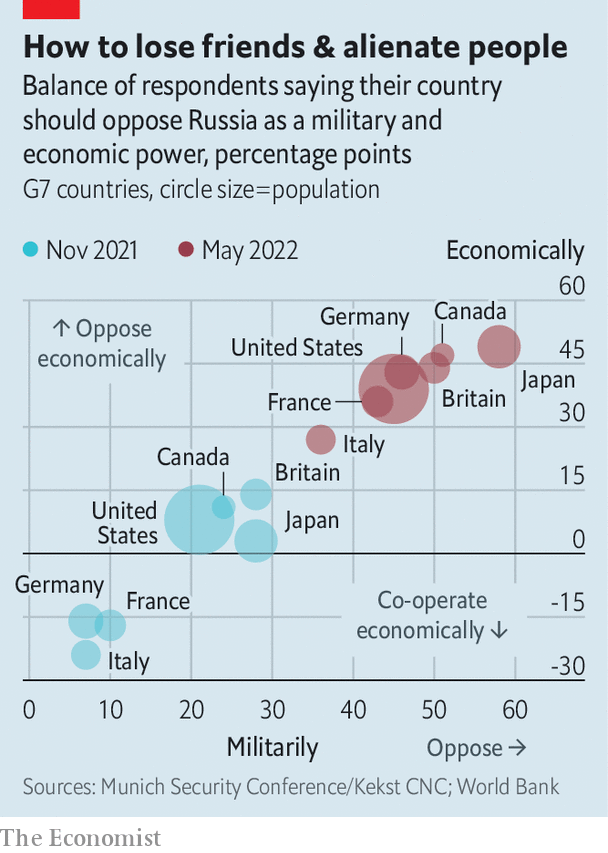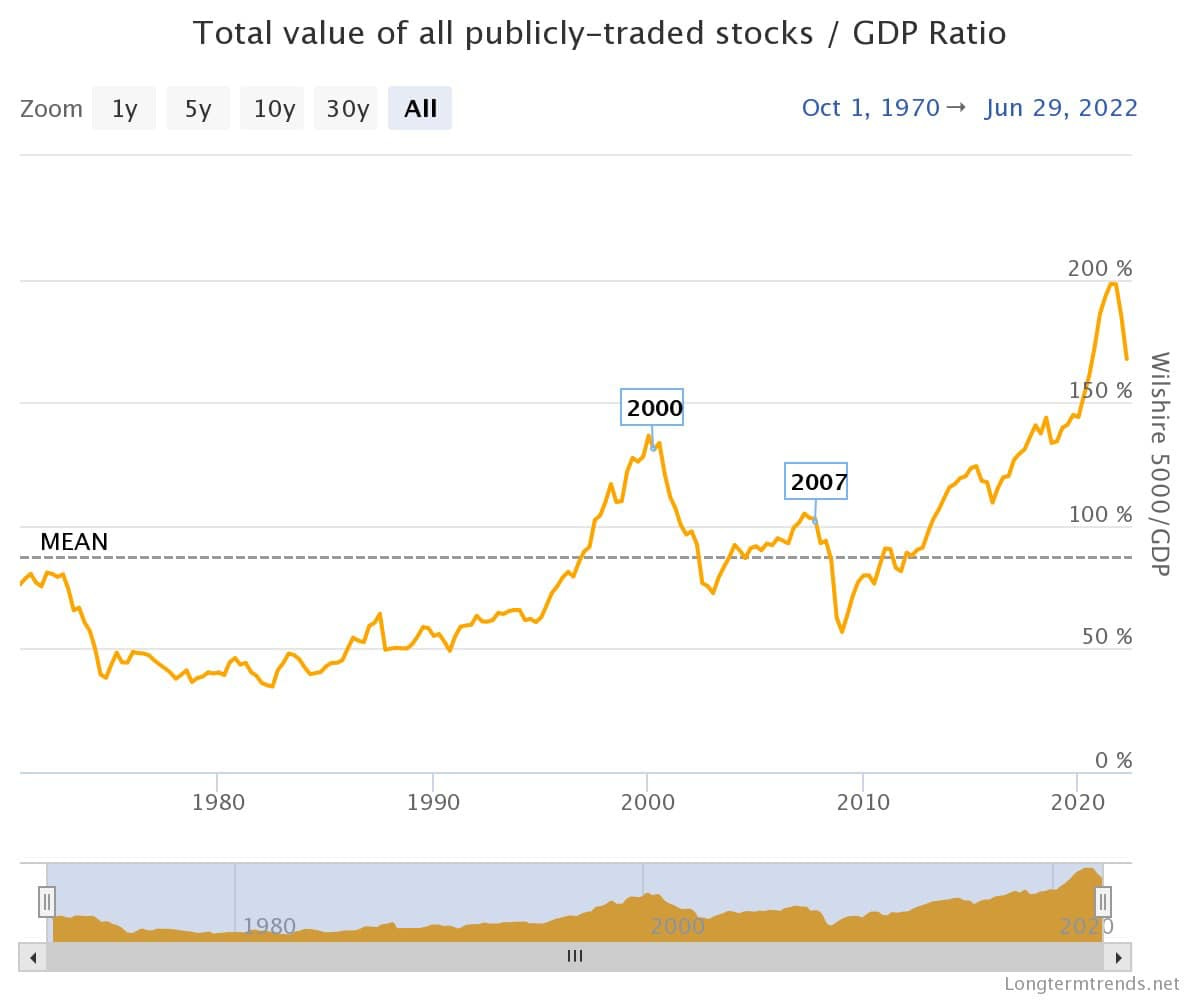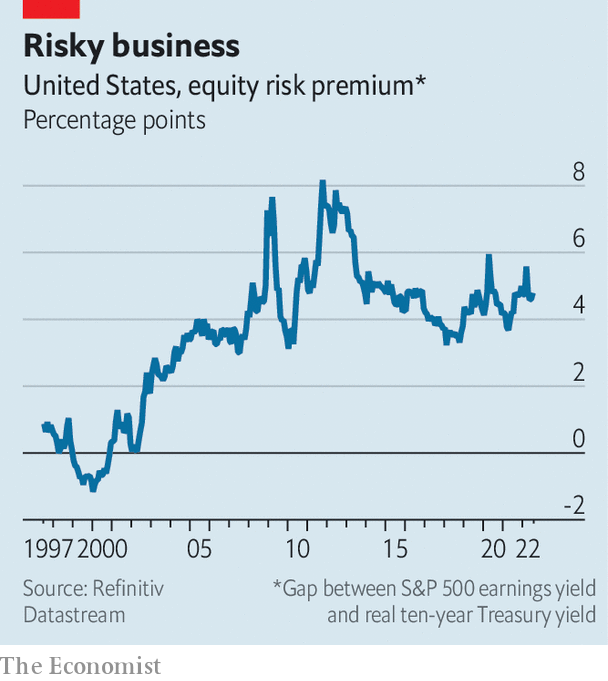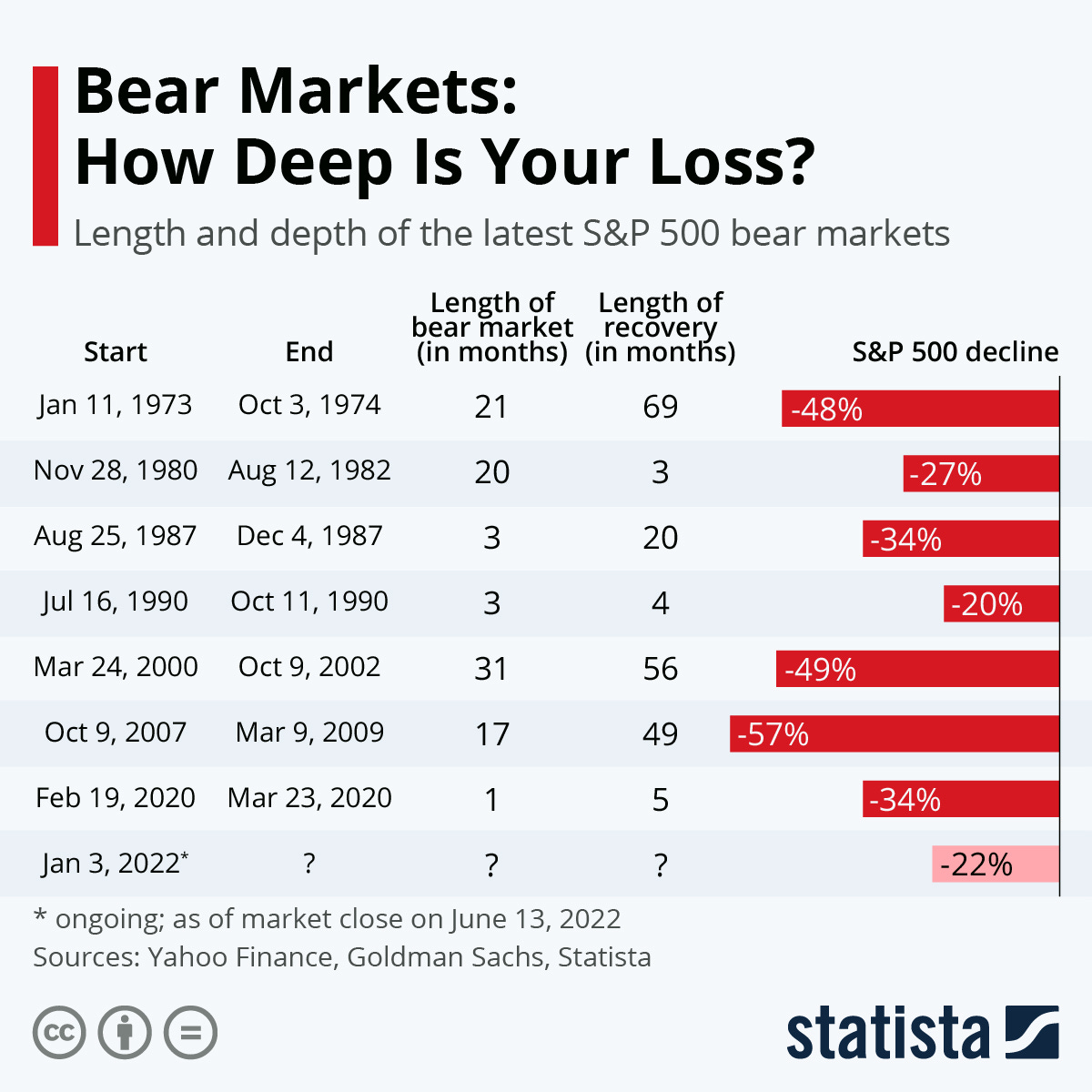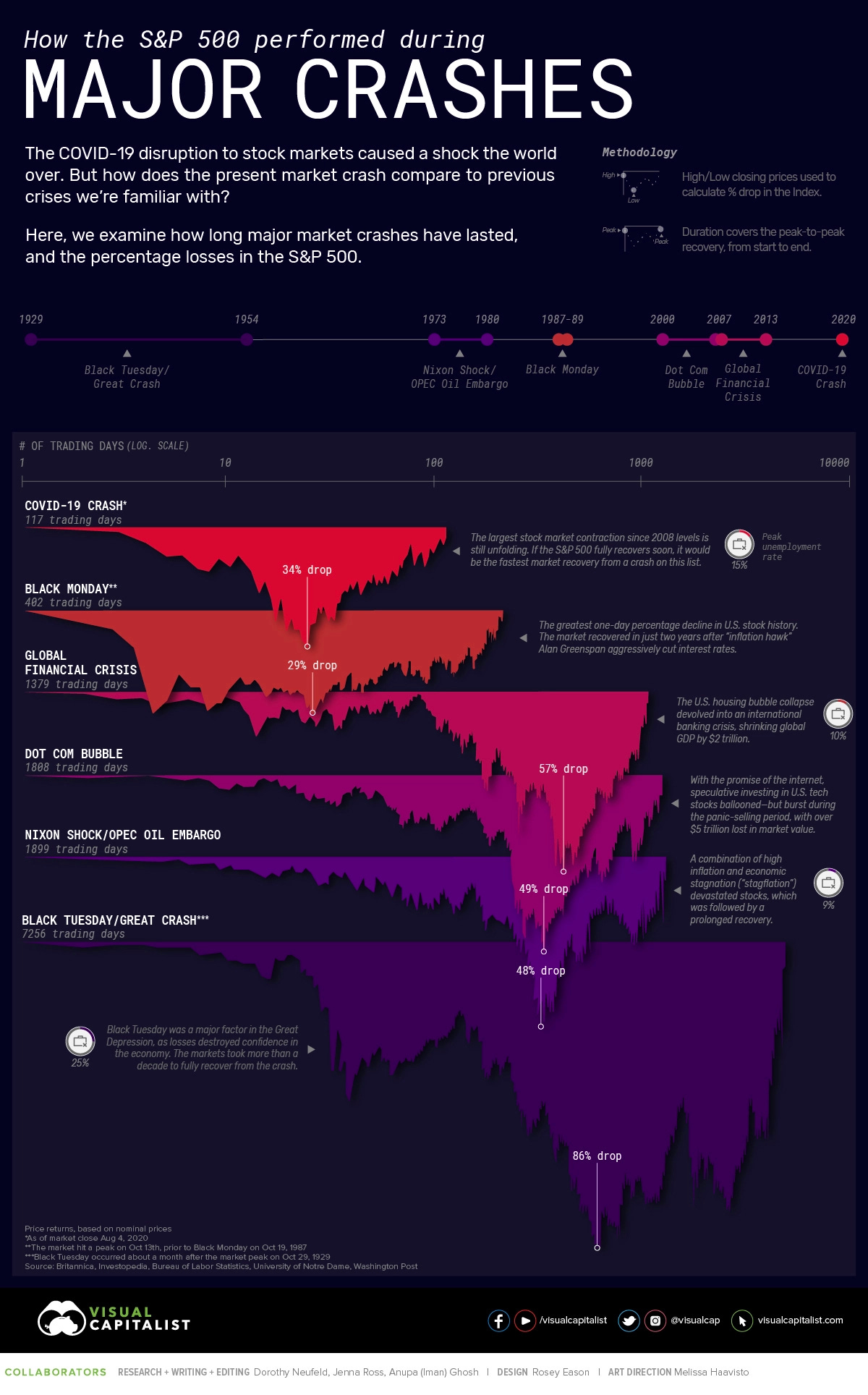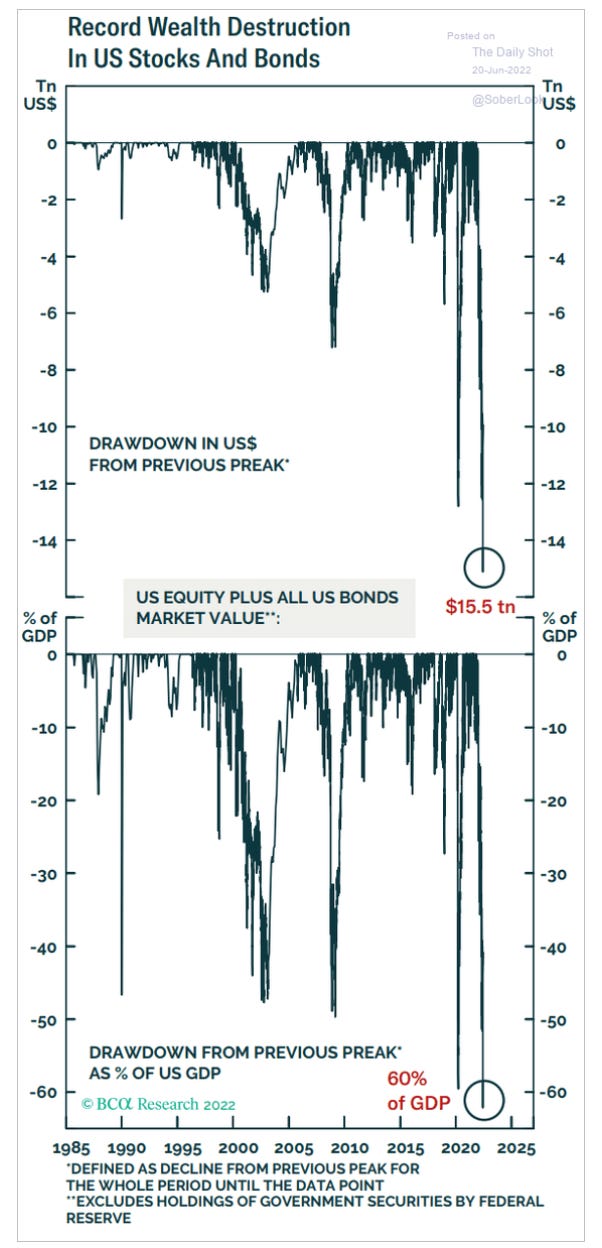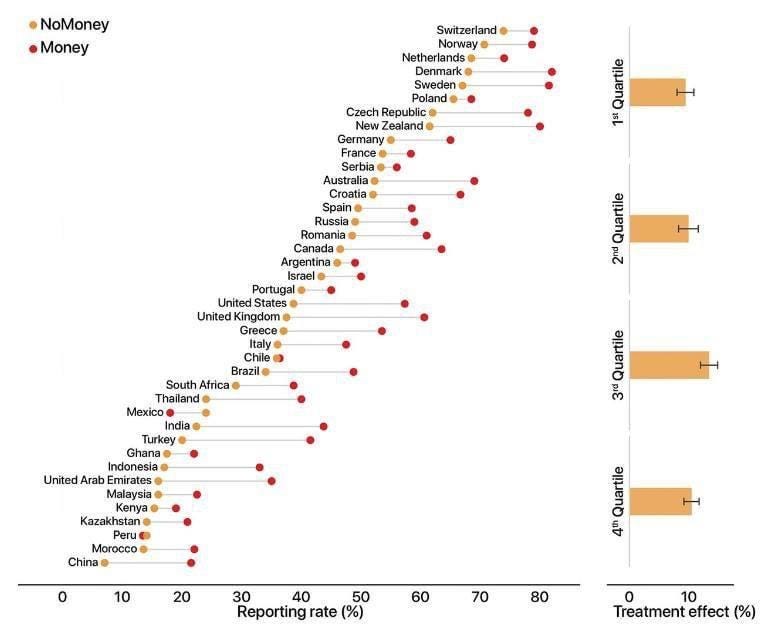Noteworthy stuff I stumbled upon recently, July 7
NATO summit, war echo in Asia, financial markets, neat things people build, interesting tidbits
NATO
Last week's NATO summit was a big deal – NATO accepted Sweden and Finland. It adopted a new "strategic concept" document declaring Russia "the most significant and direct threat to Allies' security and to peace and stability in the Euro-Atlantic area." NATO announced plans to enlarge its rapid response force from 40,000 to 300,000 troops – a huge expansion. And Turkey got the US to promise upgraded F-16 fighter jets.
This time Putin managed to radically transform the politics of European defense:
This podcast by Adam Tooze explains what NATO expansion means for Europe and the World. Here are the highlights:
What does the NATO announcement mean?
How would it work?
The economics of NATO
NATO in perspective - now and during the Cold War
What do Sweden and Finland bring to the table?
Europeans spend 216 billion euros annually and get Potemkin militaries
American perspective – the free-rider problem
The US and Europe have different threat perceptions. They also view China differently
It was easy for the US to sanction remote Russia. For Europe, it’s a neighbor.
Good stuff!
War echo in Asia
Bloomberg reports that Iran Slashes Cost of Its Oil to Compete With Russia in China - as expected by energy experts, China is the main beneficiary of the energy war.
India benefits as well. At the same time, according to Nikkei, India bolsters arms ties with West to sever Russian dependence.
Financial markets: Are we there yet?
In case you are wondering where the bottom is, so am I. I found this historical data helpful... though a tad depressing (pun intended):
The market is still expensive according to the Buffett Indicator:
Same about the US equity risk premium relative to bonds: "Equities are not (yet) priced at fearful levels."
The history is not reassuring:
Essentially same info, fancier visualization:
But here is one rather depressive metric that indicates that we are at a record level already – wealth destruction:
Another good news – I don't hear about Modern Monetary Theory lately.
Neat things people build
In the meanwhile, people keep building cool stuff
NIST unveils four algorithms that will underpin new 'quantum-proof' cryptography standards. Yes, folks, quantum computing is coming... after our state secrets and bank accounts. Get ready!
GPT-3 teamed up with DALL·E to generate children's stories
Stanford historians and computer science people built a geospatial model of the Roman World. Start by going straight to Gallery.
Interesting tidbits
Civic honesty around the globe – I found some results to be counter-intuitive:
Civic honesty is essential to social capital and economic development but is often in conflict with material self-interest. We examine the trade-off between honesty and self-interest using field experiments in 355 cities spanning 40 countries around the globe. In these experiments, we turned in more than 17,000 lost wallets containing varying amounts of money at public and private institutions and measured whether recipients contacted the owners to return the wallets. In virtually all countries, citizens were more likely to return wallets that contained more money. Neither nonexperts nor professional economists were able to predict this result. Additional data suggest that our main findings can be explained by a combination of altruistic concerns and an aversion to viewing oneself as a thief, both of which increase with the material benefits of dishonesty.
And now, shock content – The Economist reports that friends smell like one another:
Dogs greet other dogs nose-first, as it were—sniffing each other from fore to (especially) aft. People are not quite so open about the process of sniffing each other out. But the size of the perfume industry suggests scent is important in human relations, too. There is also evidence that human beings can infer kinship, deduce emotional states and even detect disease via the sense of smell. Now, Inbal Ravreby, Kobi Snitz and Noam Sobel of the Weizmann Institute of Science, in Israel, have gone a step further. They think they have shown, admittedly in a fairly small sample of individuals, that friends actually smell alike. They have also shown that this is probably the case from the get-go, with people picking friends at least partly on the basis of body odour, rather than the body odours of people who become friends subsequently converging.
Learn from dogs, folks, learn from dogs!
Finally, a pretty picture:
Thanks for reading! Subscribe to receive new posts


